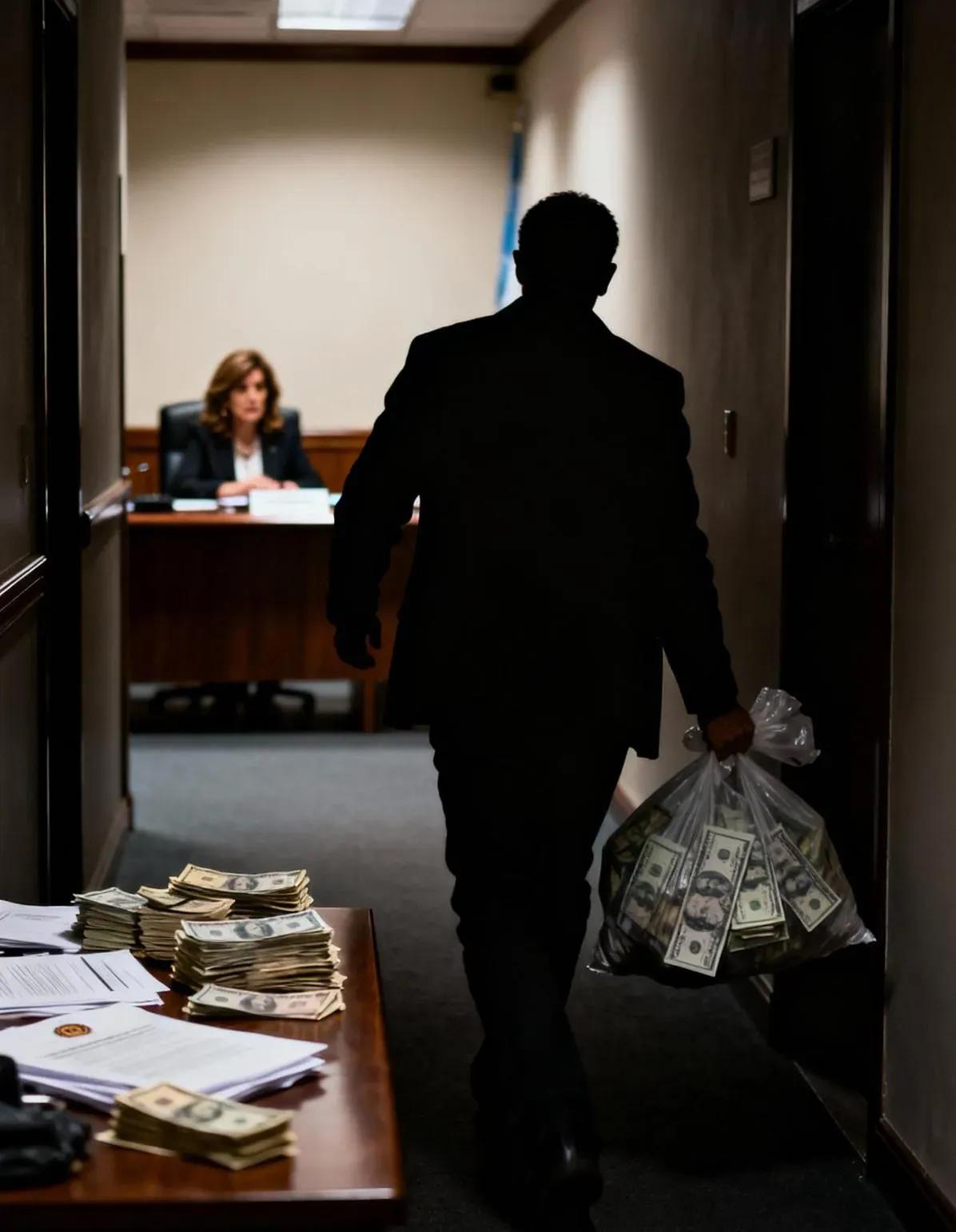William Acosta, CEO of Equalizer Investigations for Poder & Dinero and FinGurú
Case Background
In August 2018, the leak of the handwritten notebooks of Oscar Centeno, driver for former official Roberto Baratta, triggered the most significant judicial investigation in recent Argentine history (Infobae, 2025, October 24). For over ten years, Centeno meticulously documented the routes, money deliveries, and recipients of alleged bribes intended for Kirchnerist officials.
Operation of the Bribery System
From these notes, more than 25 businessmen and high-ranking officials admitted to the courts that paying bribes was a basic requirement for accessing and maintaining public contracts, subsidies, and concessions. Many provided details on dates, amounts, established routines, and the pressures exerted to ensure collections (Identidad Correntina, 2025, November 6). Testimonies and banking documentation provided evidence of transfers to accounts abroad, property acquisitions, and expenses for election campaigns disguised in complex chains of front men and intermediaries (La Nación, 2025, November 12).
Material Evidence and Testimonies
In parallel, forensic reports confirmed that, despite the nearly 1,500 accounting alterations identified in Centeno’s notebooks, most of the content matched in timing, routes, and details with data corroborated by security cameras and verified movements of the official fleet (Perfil, 2025, August 17). Several businessmen, such as Juan Carlos de Goycoechea and Héctor Zabaleta, acknowledged in court having paid bribes and provided emails, payment records, and internal lists that evidenced the corrupt practices (El Cronista, 2025, November 5).
Main Accused and Amounts
The role of former president Cristina Fernández de Kirchner dominated most charges. In the trial, she is accused of leading a criminal organization for the collection of illegal funds and the organization of a bribery network to finance campaigns and maintain control over strategic public works (RTVE, 2025, November 5; Infobae, 2025, November 5). Alongside her, former minister Julio De Vido appears as the operational head of the bribery circuit, and Roberto Baratta as the chief collector and logistics coordinator (Noticias Perfil, 2025, November 9). Other key names include José López, remembered for the discovery of nearly nine million dollars in cash in a convent, and Daniel Muñoz, former presidential secretary, who was allegedly an intermediary in transfers and hiding funds (Perfil, 2025, August 17).
Impact and End of the Process
According to the prosecutor's accusation, the total amount of bribes at stake exceeds 200 million dollars, a figure reaffirmed by the testimonies and banking records provided during the investigation (La Nación, 2025, November 12). The main file, titled “Fernández, Cristina Elisabet and others s/ criminal organization,” with number 9608/2018, includes more than one hundred defendants, many of them leading businessmen in the public works, transportation, and energy sectors (InfoBae, 2025, October 24).
Finally, the criminal structure revealed in the case not only financed official campaigns and enriched individual officials but also impacted the business climate throughout the country. During the trial, prominent businessmen revealed that refusing payments meant being excluded from tenders, receiving inspections or arbitrary sanctions, or even the total collapse of activities in regulated sectors (El Cronista, 2025, November 5).
Conclusion
In summary, the Cuadernos Case, under the jurisdiction of the Federal Oral Court No. 7, exposes the difficulty of separating public and private interests within the Argentine state apparatus, the risks of systemic impunity, and the urgency for more effective judicial, political, and citizen oversight. Its development and outcome will likely mark the future of the fight against structural corruption in the country.
William L. Acosta is a graduate of PWU and the University of Alliance. He is a former military member of the United States Army and a retired police officer from the New York Police Department, as well as the founder and CEO of Equalizer Private Investigations & Security Services Inc., a licensed agency in New York and Florida with international projection.
Since 1999, he has led investigations in narcotics, homicides, and missing persons cases, as well as participating in criminal defense at both state and federal levels. A specialist in international and multijurisdictional cases, he has coordinated operations in North America, Europe, and Latin America.

Comments